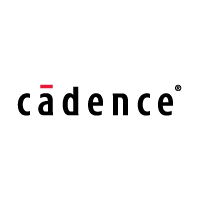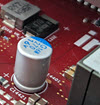
I have now posted my first blog post in the Cadence Community. It was just a matter of time after the VLAB team got acquired by Cadence earlier in 2025 I guess. The topic is the SDV Europe conference that happened in the first few days of December 2025.
Continue reading “First Cadence Blog Post – SDV Europe”



